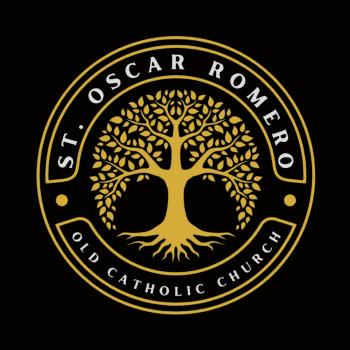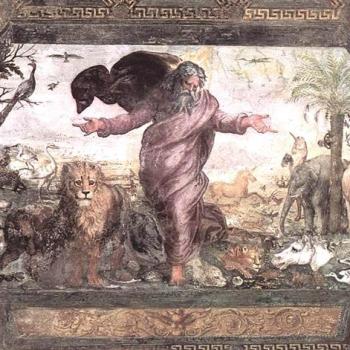By Rabbi Dr. Tzvi Hersch Weinreb
.jpg) There is really not much to be said about same-sex marriage from the perspective of Orthodox Judaism. Certainly, little can be said that would be given a fair hearing in today's climate of ultra-liberal political correctness. Nevertheless, spokesmen for Orthodox Judaism have the responsibility to make their position known to the public, and so I write the following words.
There is really not much to be said about same-sex marriage from the perspective of Orthodox Judaism. Certainly, little can be said that would be given a fair hearing in today's climate of ultra-liberal political correctness. Nevertheless, spokesmen for Orthodox Judaism have the responsibility to make their position known to the public, and so I write the following words.
Orthodox Judaism's position on same-sex marriage, and indeed on all homosexual behavior, is simple, clear, and unequivocal. We base all of our moral beliefs upon biblical sources, as they are elaborated in the Talmud and its commentaries, and as codified in standard Jewish legal works, such as the Shulchan Aruch.
These sources were committed to writing over a time period of more than three thousand years, extending from the Revelation on Mount Sinai -- which we commemorate next week on the Festival of Shavuot -- until the present day. Although discussion on moral issues in this vast caucus is sometimes inconclusive, often complex and nuanced and frequently subject to vociferous debate, on the matter of homosexuality, these sources are remarkably terse, cogent, and absolute.
The Bible prohibits male homosexual activity in harsh terms. The Talmud, equally harsh, prohibits female homosexuality as well, although it is less stringent with reference to the latter. Codes of Jewish law and the authoritative responsa literature, from Moses Maimonides in early Medieval Cairo until Moses Feinstein in 20th century New York City, are unanimous and uncompromising in their opposition to all forms of homosexual activity. From this perspective, the institutionalization of homosexual marriage is morally unspeakable and legally ludicrous. Realistic in their view of human society, the rabbis of the Talmud saw the absence of formal validation of same-sex marriage as one of the few redeeming merits of an otherwise hopelessly corrupt society.
The Orthodox rabbinate today is equally clear about its position of same-sex marriage, and sees the current trend toward blessing homosexual partnerships with the sacred term "marriage" as an affront to the institution of the family and as theologically blasphemous. There are rabbis who call themselves Orthodox, and who may have received Orthodox ordination, who disagree with this position, but the very fact that they condone homosexual behavior invalidates them as spokespersons for traditional Orthodox Judaism. Mainstream Orthodoxy views their writings and rulings as farcical and fraudulent.
Orthodox Jews in the United States of America cherish and appreciate the benefits of a democratic society. We realize that our religious beliefs cannot be imposed upon those who do not share them. However, we feel it is our responsibility to contribute to our society our opinions and values to at least shape the moral perspective, if not the actual behavior, of our blessed nation. Other religions and non-religious groups take every advantage of informing the policies of our national and state governments. Orthodox Judaism wishes to do no less.
As citizens of this country, we have serious concerns lest legalized same-sex marriage impinge upon our religious freedom. If we are disappointed and laws recognizing same-sex marriage are enacted, we have every right to demand that our religious and educational institutions not be coerced to recognize as legitimate relationships which are abhorrent to us.
Orthodox Judaism is fully aware of the painful challenges faced by those who are convinced that they are born homosexuals. Some Orthodox rabbinic leaders, including this writer, concede that there may be a genetic basis to some homosexual proclivities. But these facts do not justify homosexual behavior or sanction homosexual relationships. We believe that homosexual urges, like all other sinful passions, must be and can be controlled.
In recent years, we have become more sensitive to the plight of individuals who struggle with the homosexual condition and yet wish to remain loyal to the Orthodox Jewish faith. We recognize that they have met with the opprobrium of the community, often very early in life, and frequently without having ever violated any religious prohibitions. They have not received the latitude and acceptance offered to others in the community whose behaviors are inconsistent with Orthodox Jewish standards. We recognize their feelings of rejections and alienation, and admit that we must discriminate between the person and his or her behaviors, a discrimination which is urged upon us by our tradition.
But we feel strongly that we cannot condone homosexual practice in any official way if we claim fidelity to authentic Judaism. We certainly cannot assent to the current trend of idealizing homosexual liaisons and declaring them not only legitimate, but of great positive value.




